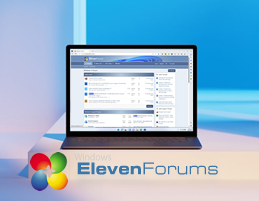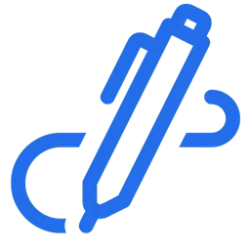Kaspersky data processing servers are located in Switzerland, and it has a new one in North America itself.
Next, take note that there are also "eyes" countries, and they work with companies.
Secret agreements allow secretive intelligence agencies in Australia, Canada, New Zealand, the United Kingdom, and the USA to spy on the world.

privacyinternational.org
Meanwhile, even operating systems (like Windows) and various apps (like Edge) do the same, and not just for computers but also for smart phones, etc. Even cars don't provide privacy:
Given that, if you want to avoid these issues, then you will need systems with the highest level of privacy and security, plus VPN, etc., as well as use only old phones, old cars, cash only, etc. If you want or need things like online banking and purchasing, then you will face a lot of difficulties.
If you have a lot of time available (and most people don't), then you can do something in between, like use an open-source operating system and tweak and modify things so that the system will work the way you want it. And if you want to have new features, add new hardware, play new games, etc., then you will need additional time to figure things out.
Otherwise, just use Windows and the security program that offers the best protection and usability plus the lowest systems impact. Keep in mind that better protection and usability mean more features, and those make the security program heavier.
AV-Comparatives and others will give you ratings on all three aspects, but the one that may change for you is systems impact. Depending on your hardware and software, a security program might be heavy or light. To find out, you'll need to install the latest free and trial version, then run a benchmark program like that from Novabench several times to record system performance. After that, you can do things like load the browser and many pages, browse folders with combinations of files (big and small, a lot and few), and run various apps to see if the system "feels" heavier or not. From there, you'll have to completely uninstall the AV, install your next choice, and do the same. The AV with the highest score wins.
In my case, here are the Novabench scores for my two-week old system using free versions of AVs (I want to avoid buying security programs):
Kaspersky - 2494
Windows Security - 2467
Windows Security with Core Isolation, etc - 2218
Results for Avast, AVG, and Bitdefender were between Kaspersky and Windows Security.
Given that, I decided to use Kaspersky, although Avast has more features (like a firewall). YMMV.
Lastly, some more points:
About relying on common sense and using only "safe" software or visiting only "safe" sites, more malware don't require user interaction, some attack embedded software directly, and more are now found in legitimate sites (they can even be hidden in ads or parts of webpages) and software.
About arguing that you haven't been infected yet, for all you know, your system already is, and malware has been operating quietly stealing your data.
About arguing that you can just recover from backups, that doesn't prevent data theft.
In several cases, when you use default-deny or software that stops programs from running through your decision or because of its own AI, then you might end up blocking necessary but uninfected apps, leading to system malfunction. The same goes for things like third-party firewalls. (If you decide to use those, be ready to experiment or worse. In my case, I gave up and just use the firewall in the router, the firewall in Windows, and Firewall App Blocker to add anything manually to the Windows firewall.)
If you try to harden your system or tweak various things in apps, you might create more problems that you will have to figure out to solve.
Paid software with promos look cheap for the first year; watch out for the first year. Also, if you need to buy for several devices, then you might end up paying the equivalent of one hard drive per year.
Turn off as much telemetry as you can for AVs, as well as non-important notifications. Turn off anything like game mode if you can.
Several advise not to bother with HTTPs scanning because they pose a privacy risk and may slow down browsing. It's suggested to turn that off in the AV and just use a browser security addon. (Also, ad blockers like uBlock Origin can help.)
Consider installing secondary scanners to do further scans of the system if needed. Don't turn off any real-time protection features because they will compete with any AV you installed.
Take not that various free versions of AV lack features, like no browser security, anti-ransomware, etc. The free versions of those AVs I consider the most complete and may or may not have a heavy impact on systems are Bitdefender, Avast, AVG (same company as Avast), and Kaspersky. The first is set-and-forget but may be heavy. For the second and third, I had to turn on game and silent mode to remove notifications; also, apps like Firewall App Blocker can block ads in the avastui.exe file or something like that. For the fourth, there used to be annoying notifications but I haven't seen them lately (you have to turn several off in your web account).








